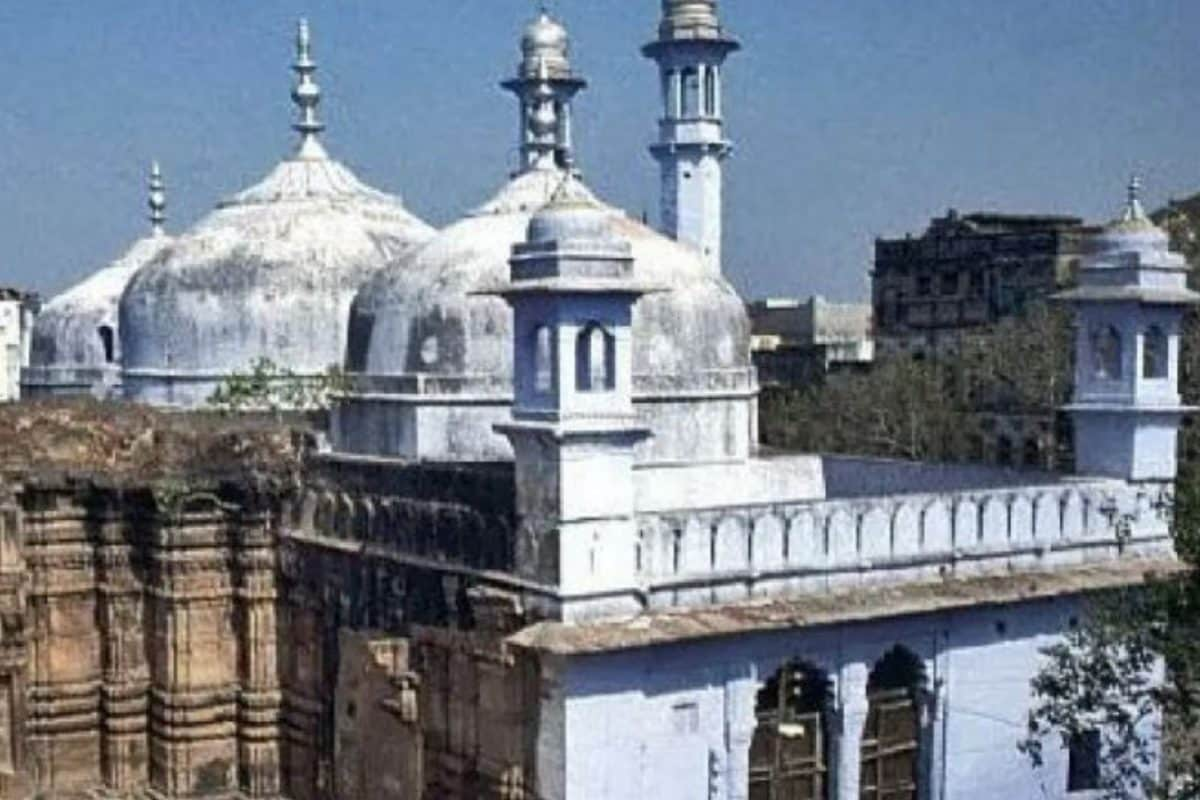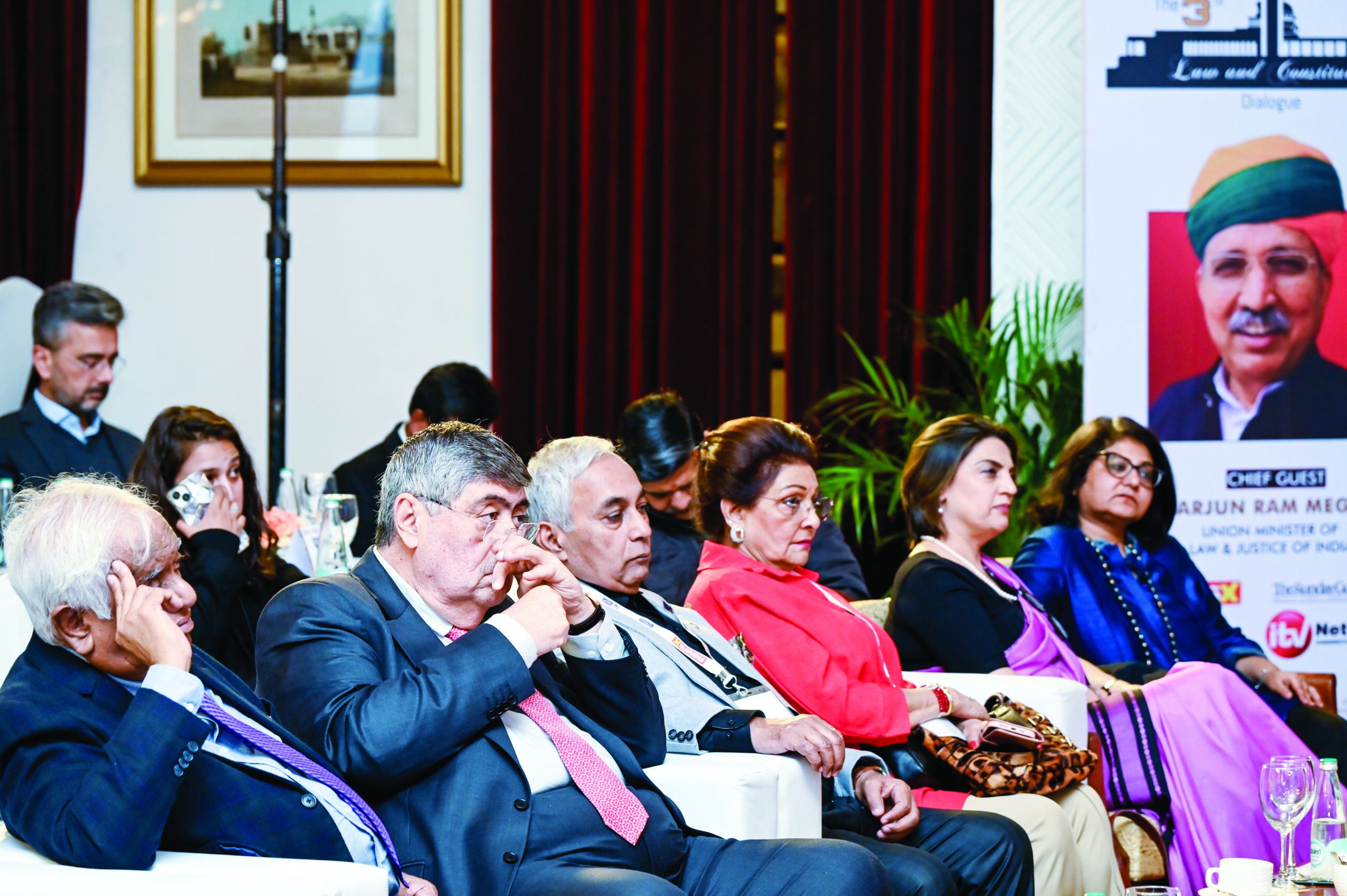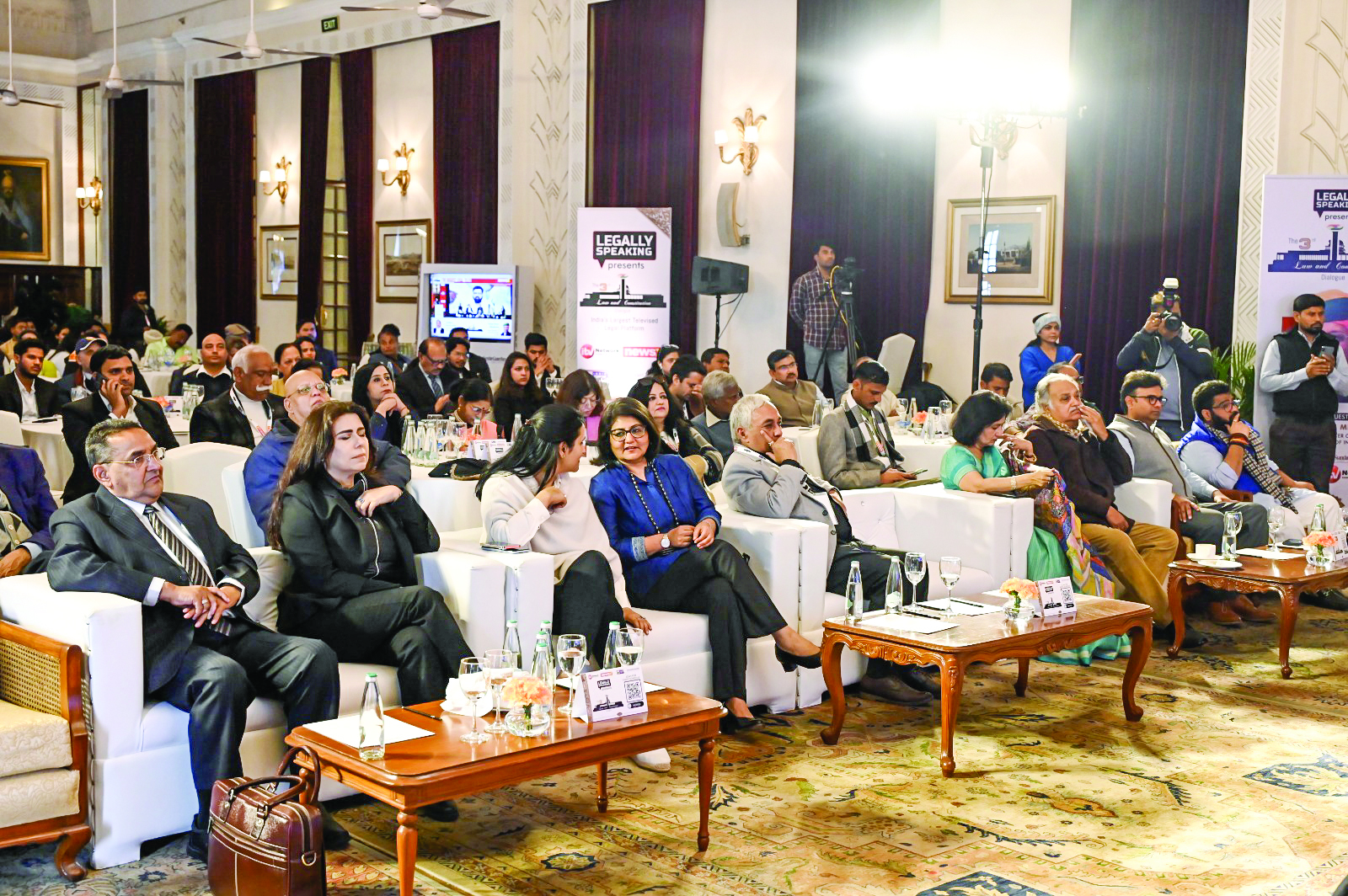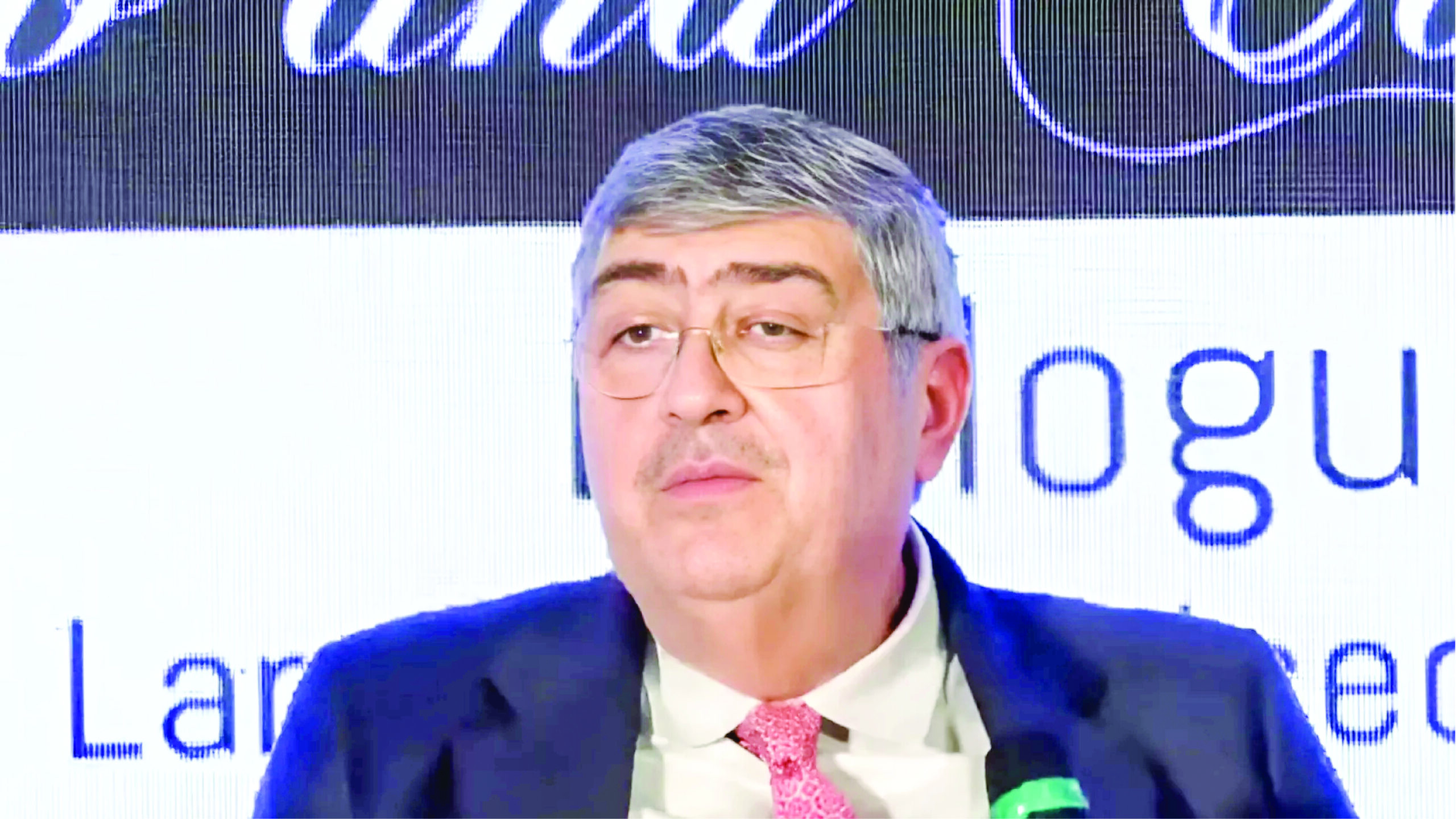The district court in Varanasi, Uttar Pradesh, took up the case involving the Gyanvapi mosque on Friday. The Hindu worshippers’ petition asked for carbon dating or any other type of scientific investigation of the Shivling-like structure found in the mosque premises. The plea to perform the carbon-dating was rejected by the court.
In the Shringar Gauri-Gyanvapi case, one of the plaintiffs’ attorneys, Madan Mohan, rejected the argument for carbon dating or any other type of scientific research of the structure that the plaintiffs claimed to be a Shivling and other nearby structures. He said that the court ordered to preserve the structure in its original state.
The Hindu petitioners claimed that a “Shivling” was discovered during a court-ordered camera inspection of the mosque grounds. In response, the Muslim side asserted that the object was a part of the fountain.
Earlier this week, the court had reserved its judgement during the hearing in Shringar Gauri-Gyanvapi complex case after the Muslim side had submitted its response.
The attorneys for Anjuman Intezamia Masjid Committee (AIMC), the Muslim side, objected to the plaintiff’s plea for carbon dating and scientific investigation of the fountain, which they claim to be a Shivling, and other structures on the Gyanvapi mosque compound. In their response, they stated that carbon dating of the structure is not “feasible” and “irrelevant.”
Raees Ahmed, one of the attorneys for AIMC, the organisation responsible for maintaining the Gyanvapi mosque, stated in court that carbon dating of the stone is not possible, it is non-feasible, since stone is not an organic matter.












